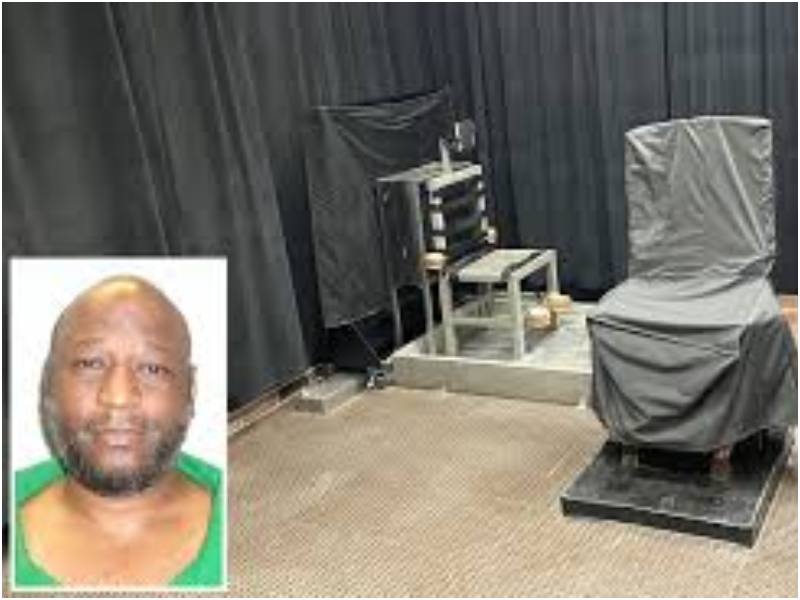South Carolina has scheduled its first execution in more than 13 years for September 20, marking a significant legal and procedural milestone in the state’s capital punishment system.
Freddie Eugene Owens, convicted for the 1997 murder of a store clerk in Greenville, is set to be executed after years of delays related to lethal injection drug availability and legal challenges. The state’s Supreme Court recently cleared the path for executions to resume after approving a new secrecy law protecting the identities of drug suppliers and upholding the use of the electric chair and firing squad.
Legal Context and Secrecy Laws
South Carolina’s capital punishment system had been on hold since 2011 due to difficulties in acquiring lethal injection drugs. Pharmaceutical companies refused to supply the drugs if their identities had to be disclosed, leading the state to pause executions. In response, the South Carolina Legislature enacted a shield law allowing the state to keep suppliers’ identities confidential. This legislative shift, combined with a ruling from the state Supreme Court in July 2023, allowed executions to resume.
The upcoming execution will be conducted under new protocols that include lethal injection with pentobarbital, electrocution, or firing squad—methods authorized by the state following years of debate. Owens will be given the option to choose his method of execution. If he does not select one, electrocution will be the default.
Execution Method and Legal Challenges
South Carolina was once among the most active states in carrying out the death penalty, averaging three executions per year in the early 2000s.
The recent legislative developments, including adding the firing squad and passing the shield law, aim to revive that pace. The state now uses a single-drug protocol for lethal injections, similar to that employed by the federal government.
Owens’ defense team remains concerned about the lack of transparency regarding the source and quality of the lethal injection drugs. Attorney John Blume noted that the shield law’s secrecy raises serious questions about whether the drugs will produce a painless death. The state’s high court has indicated it will provide expedited rulings if any challenges arise regarding the drug’s disclosure and preparation.
Background on the Case
Freddie Eugene Owens, now 46, was convicted of killing Irene Graves during a series of robberies in 1997. His case has seen multiple appeals and resentencing trials, resulting in three death sentences. In addition to the murder conviction, Owens also confessed to killing a cellmate while awaiting trial, further complicating his legal journey.
The upcoming execution underscores the broader legal issues surrounding capital punishment in South Carolina, including the debate over execution methods and the ethical implications of keeping drug suppliers anonymous.
Implications and Future Outlook
With at least three other death row inmates nearing the end of their appeals, South Carolina’s death chamber may become active again after years of dormancy.
The state’s death row population has decreased from 63 in 2011 to 32 today, reflecting a combination of successful appeals, commutations, and natural deaths among inmates.
The legal battle over execution methods and secrecy in South Carolina is part of a larger national conversation on the constitutionality and transparency of capital punishment.
As the state prepares for its first execution in over a decade, it faces renewed scrutiny from both supporters and critics of the death penalty.

